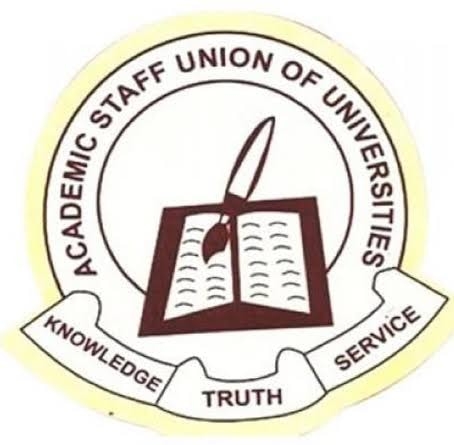Following its nationwide protests on Tuesday, the Academic Staff Union of Universities (ASUU) has announced plans to hold congresses across campuses to decide its next line of action.
The development comes as the Federal Government meets today to consider the long-delayed implementation of the renegotiated 2009 FGN–ASUU agreement—the same issue that sparked the protests.
The meeting, to be attended by the Ministers of Education and Labour, as well as officials of the National Salaries, Incomes and Wages Commission, is expected to harmonise the Yayale Ahmed draft (2024) with earlier recommendations, including the Nimi Briggs report. A timetable for signing and phased implementation of the deal is also on the agenda.
ASUU president, Prof. Chris Piwuna, told The PUNCH that the union was not invited to the government meeting, but said lecturers would meet their members before announcing the next move.
“Our members are tired of words without action,” he said, adding that the union would take instructions directly from its rank and file.
Lecturers have long decried poor pay, inadequate funding, and decaying facilities in Nigerian universities. Under the current salary structure, professors earn between ₦525,010 and ₦633,333 monthly, while graduate assistants take home ₦125,000–₦138,020. After deductions, many professors reportedly earn as little as ₦300,000.
Former UNILAG Vice-Chancellor Prof. Oluwatoyin Ogundipe described lecturers as “tired and demoralised,” while other academics warned that without urgent intervention, the sector risked another strike and worsening brain drain.
ASUU has rejected the government’s offer of loan-style “support funds,” insisting on improved salaries, autonomy, and proper funding for universities.
Despite releasing ₦50bn for earned allowances earlier this year, critics accuse the government of neglecting lecturers while prioritising salary increases for politicians.
Education stakeholders, including vice-chancellors, stress that the real issue goes beyond pay to creating an enabling environment for research and teaching, arguing that Nigerian academics remain undervalued compared to their global peers.
For now, ASUU awaits feedback from today’s meeting and will decide its course of action once congresses are concluded.





